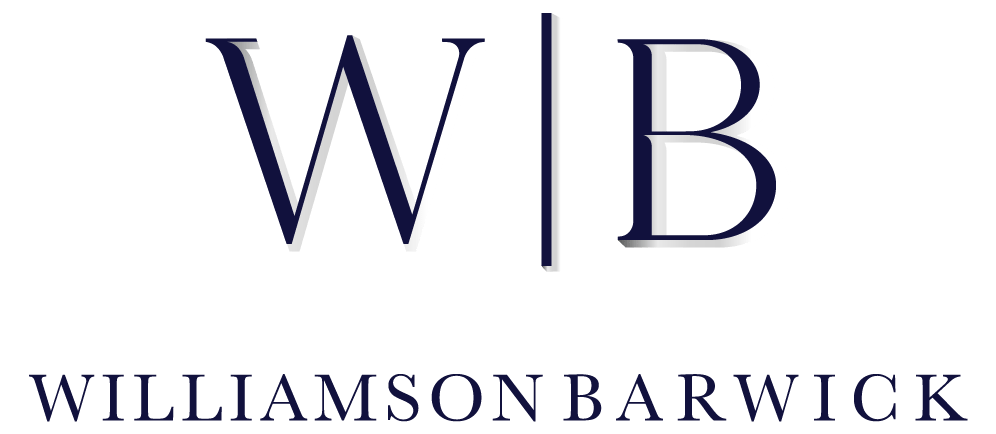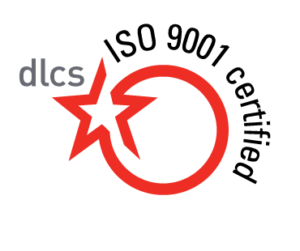
1 July 2022 marks the start of a new financial year and, it also marks the date that a number of changes to workplace laws take effect. To ensure your business is compliant with the upcoming changes, we recommend that employers take note of the changes identified below and our calls for action required by employers.
Changes to the Social, Community, Home Care, and Disability Services Award (SCHADS Award)
As foreshadowed in our article earlier this year, SCHADS Award Review IMPORTANT UPDATE, a number of changes to the Social, Community, Home Care, and Disability Services Award (SCHADS Award) will take effect from 1 July 2022. Some of the key changes to the SCHADS Award relate to the following matters:
- Minimum engagement for part-time employees;
- Right for part-time employees to request to increase their part-time hours;
- On/call/remote response work;
- Broken shifts;
- Client cancellation;
- 24-hour care;
- Laundering of clothing and damaged clothing.
Action required: We encourage all our clients in this sector to comprehensively review the impact of these changes to the SCHADS Award on their organisation to ensure their operations are legally compliant.
Increase to minimum superannuation guarantee rate to 10.5%
From 1 July 2022, the minimum superannuation guarantee rate will increase from 10% to 10.5% of an employee’s ordinary time earnings The increase forms part of the legislated increase to the superannuation guarantee rate to reach 12% by 2025.
Action required: Employers should be ready to implement the increase for eligible employees into payroll systems. Consideration may need to be given to any special contractual arrangements with employees relating to superannuation.
Removal of the superannuation guarantee threshold of $450 per month
Effective from 1 July 2022, employers will be required to make super guarantee contributions to eligible employees (except to employees under 18 years of age) irrespective of the employee’s wage. This means that the monthly income threshold of $450 has been removed.
Action required: Conduct a superannuation audit of your workforce to ensure that your business is ready to make superannuation guarantee contributions to the expanded category of eligible employees.
Increase to national minimum wage and award the minimum wage
As outlined in our recent article, Labor’s Workplace Law Reforms: What You Need To Know and Do of 17 June 2022, effective from 1 July 2022:
- The National Minimum Wage will be $81.260 per week or $21.38 per hour, which amounts to a 5.2% or $40 increase; and
- Modern award minimum wage rates will increase by 4.6%, subject to a minimum $40 increase for employees on award rates below $869.60 per week.
Under most modern awards, the wage increase will take effect from the first full pay period on or following 1 July 2022. However, under some modern awards, wage increases will take effect from 1 October 2022, for example, under the Hospitality Industry (General) Award and Restaurant Industry Award.
Action required: Ensure your organisation is prepared to implement wage increases for relevant employees from 1 July 2022. We recommend reviewing annualised salary arrangements for award-covered employees to ensure compliance with minimum entitlements. If your organisation is covered by an enterprise agreement, ensure that the rates prescribed under the enterprise agreement are no less than the minimum award rates.
Unfair dismissal: Increase the high-income threshold and the Fair Work Commission’s compensation cap
The high-income threshold and the maximum compensation that the Fair Work Commission can order in respect of an unfair dismissal application will also increase from 1 July 2022. The high-income threshold will increase to $162,000. The maximum compensation that the Fair Work Commission can order in an unfair dismissal application has also increased to $81,000.
Action required: No action is required by employers; however, employers should take note that employees that are not covered by a modern award or an enterprise agreement cannot make an unfair dismissal application if they earn more than the high-income threshold. It’s always best to get advice about proposed dismissals if you are unsure.
Our team at WilliamsonBarwick is well across the upcoming changes. Please do not hesitate to contact us if you require specialised legal advice on how these changes impact your organisation. We’ll support your organisation every step of the way.











